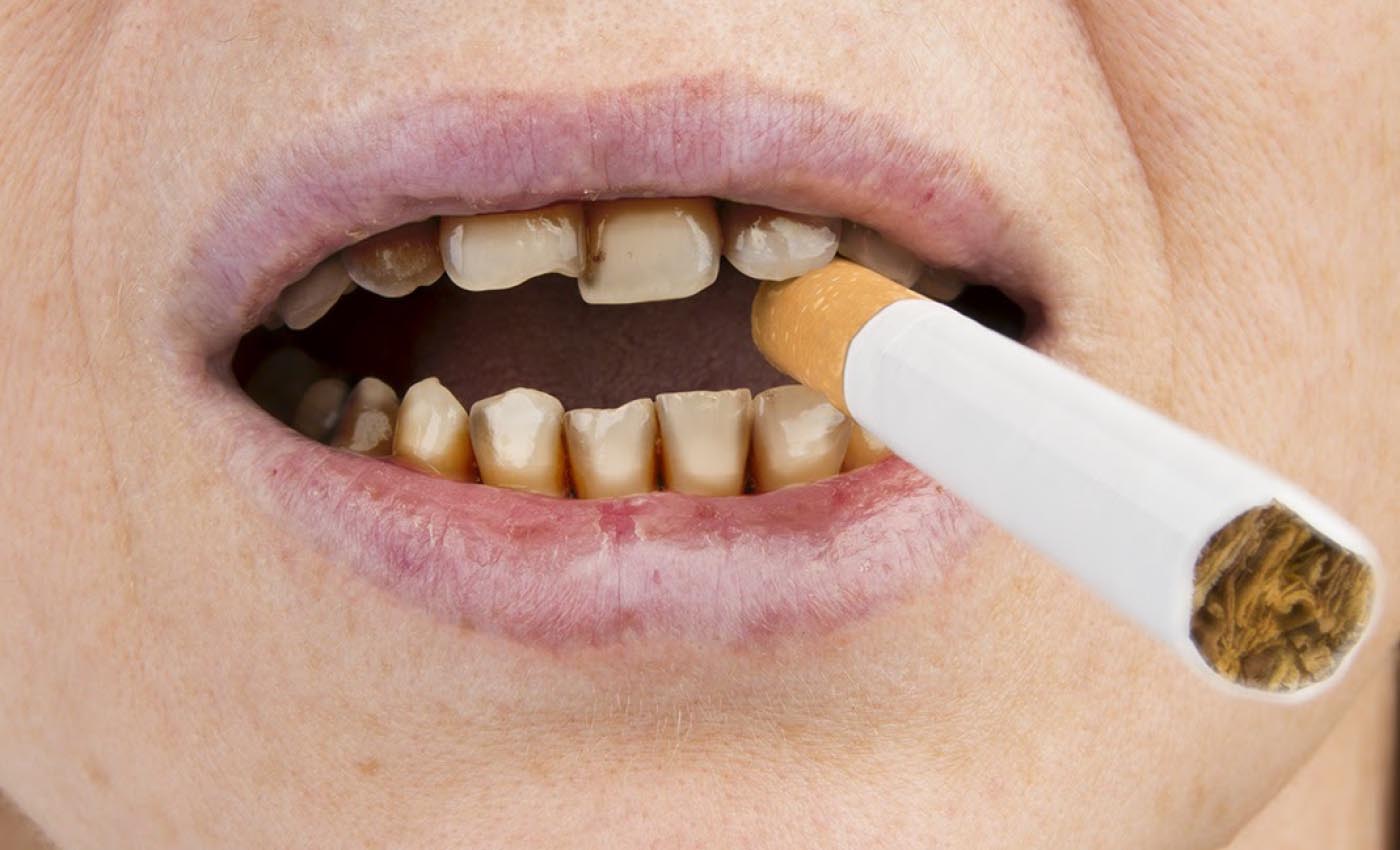Diabetes and Oral Health: Understanding the Link
When we talk about health, it’s essential to recognise that our oral health is intricately connected to our overall well-being. In recent years, there’s been growing awareness of the impact of diabetes on oral health. Let’s dive into this connection and explore how diabetes can affect your teeth and gums.
The Diabetes Epidemic: A Growing Concern
Diabetes is a widespread health issue globally, affecting millions of people across different age groups and backgrounds. This chronic condition, characterised by high blood sugar levels, can lead to various complications if not managed effectively. While the focus is often on the management of blood sugar levels, it’s crucial not to overlook its implications for oral health.
Increased Risk of Gum Disease with Diabetes
One of the most significant concerns for individuals with diabetes is the heightened risk of gum disease, also known as periodontal disease. The relationship between diabetes and gum disease is bidirectional—diabetes can make you more susceptible to gum disease, and gum disease can make it harder to control blood sugar levels, creating a vicious cycle.
Challenges in Wound Healing
Individuals with diabetes may also experience challenges in wound healing, including oral wounds such as those caused by dental procedures or injuries to the mouth. Poorly controlled blood sugar levels can impair the body’s ability to heal, prolonging recovery times and increasing the risk of complications following dental treatments.
Dry Mouth and Oral Infections
Another common issue faced by those with diabetes is dry mouth, a condition known as xerostomia. Reduced saliva production can lead to discomfort, difficulty chewing and swallowing, and an increased risk of oral infections. Saliva plays a crucial role in maintaining oral health by neutralising acids, washing away food particles, and preventing bacterial overgrowth.
Tooth Decay and Cavities with Diabetes
Uncontrolled diabetes can also contribute to an increased risk of tooth decay and cavities. Elevated blood sugar levels provide an ideal environment for bacteria to thrive in the mouth, leading to the formation of plaque and tartar. Over time, this can erode tooth enamel and create cavities, compromising the integrity of the teeth.
Managing Oral Health with Diabetes
While diabetes can pose significant challenges for oral health, there are steps you can take to minimise its impact:
Maintain Good Blood Sugar Control
Keeping your blood sugar levels within the target range is essential for managing both diabetes and oral health. Work closely with your healthcare team to develop a diabetes management plan that includes regular monitoring, medication as prescribed, and lifestyle modifications such as a healthy diet and regular exercise.
Practice Excellent Oral Hygiene
Good oral hygiene habits are crucial for preventing gum disease, tooth decay, and other oral health issues. Brush your teeth at least twice a day with fluoride toothpaste, floss daily, and use an antiseptic mouthwash to reduce plaque and bacteria. Regular dental check-ups and cleanings are also essential for monitoring your oral health and addressing any concerns promptly.
Stay Hydrated
If you experience dry mouth as a result of diabetes or medications, staying hydrated can help alleviate symptoms. Drink plenty of water throughout the day and consider using sugar-free gum or lozenges to stimulate saliva production. Avoid caffeinated and alcoholic beverages, as they can contribute to dehydration.
Monitor Oral Health Changes
Be vigilant about any changes in your oral health and seek prompt treatment for any issues that arise. This includes swollen or bleeding gums, persistent bad breath, tooth sensitivity, or changes in the appearance of your teeth or gums. Early intervention can prevent complications and preserve your oral health.
The Importance of Regular Dental Visits
Regular dental check-ups are essential for everyone, but especially for those with diabetes. Dentists can detect early signs of oral health issues and provide appropriate treatment before they progress. Additionally, dental professionals can offer tailored advice on oral care and hygiene practices specific to individuals with this disease, helping them manage their condition more effectively.
Collaborative Care: Working with Your Healthcare Team
Managing this disease and maintaining oral health require a multidisciplinary approach. Collaboration between healthcare providers, including dentists, physicians, and diabetes educators, is key to addressing the complex needs of individuals comprehensively. By working together, healthcare professionals can develop integrated care plans that address both the medical and dental aspects of disease management.
Diabetes can have a significant impact on oral health, increasing the risk of gum disease, dry mouth, tooth decay, and other complications. However, with proper management and preventive care, individuals with diabetes can maintain good oral health and reduce the risk of associated problems. By staying vigilant, practicing good oral hygiene, and working closely with healthcare professionals, you can protect your smile and overall well-being despite the challenges.




